Ugandan Car Import Rules at Mombasa spark resistance from clearing agents
 Members of the Uganda Clearing and Forwarding Association (UCFA) are fighting a new requirement for all car imports into the country to go through the government’s Inland Car Port (ICP) in Mombasa.
Members of the Uganda Clearing and Forwarding Association (UCFA) are fighting a new requirement for all car imports into the country to go through the government’s Inland Car Port (ICP) in Mombasa.
The Ministry of Trade last week announced that all car imports to Uganda must pass through its car port at plot 2448 Makupa Causeway Changamwe 2 Kms from the port of Mombasa.
The Shs 6 billion facility has capacity to handle 3,000 vehicles at any given time. The Mombasa ICP is being managed by CPC Freight Services Ltd on behalf of the government of Uganda. Uganda’s reasons for establishing the ICP were to de-congest the Mombasa port, improve transit monitoring and ensure no transit cars are diverted to the Kenyan market and to provide more secure and cost effective facilities for Uganda bound vehicles. The operationalisation of the ICP follows the introduction of the pre-shipment inspection of Uganda bound vehicles which in spite of its launch November last year is still facing challenges. The ICP becomes the second pre- shipment inspection venue for the imported vehicles before they are dispatched to Uganda.
The head of imports at the Uganda National Bureau of Standards (UNBS) Gyavira Musoke told The Independent, “vehicles below the required Ugandan set standards were still being brought into the country and the only way to stop this is having them go through the ICP at Mombasa”.
The ICP operators said they will maintain the same terms and conditions of handling as currently offered by the Kenya Ports Authority (KPA) meaning importers will not incur any additional charges. The ICP operators also promise to extend the grace period for storage to 30 days from the current 11 days as stipulated by the KPA.
A letter from the ministry of Trade which The Independent has seen says the new measure is aimed at cushioning the Ugandan importers from paying excessive demurrage charges currently imposed by the KPA and to operationalise the usage of the Mombasa ICP on which the government invested a lot of money in its development.
At the UNBS, the government body said the advantage of the new measure is that complying vehicles will be issued with compliance documents for onward transportation to Uganda and should any alterations be experienced on arrival in Uganda the transporter of the vehicle will be held responsible. The non-complying vehicles will be re-exported to the country of origin or destroyed at the importers cost.
However at the Uganda Clearing and Forwarding Association (UCFA) the umbrella body that brings together clearing and forwarding agents, Kasim Omar the chairperson of the association told The independent, “People of Ugandan want their goods from Mombasa direct to Kampala and not through another ICD at the port. We at UCFA vehemently opposed this development, as it is aimed at creating a monopoly.
“I have talked to the commissioner for External Trade Raymond Agaba and that of Works Patrick Saanya about this ICP and they both feigned ignorance about it,” added Kasim. “This is not a making of the UNBS but someone in government is trying to skim money out of Ugandans,” he added.
He said cars are already being charged US$ 110 at the local ICD as container freight station charges. “This new thing is another exposure to high risk of vandalism and pilferage,” he added.
During an Intergovernmental Standing Committee on Shipping (ISCOS) meeting held in Kampala last week the same issue was brought up and it was again resisted.
Another UCFA official who declined to have his names mentioned told The Independent, “the system that is being brought up is exactly what was around in the 1990`s when a governmental parastatal body Transocean (U) Ltd frustrated trade. Now we are asking ourselves since when did government return to doing business? Someone in government is trying to skim Ugandans of their money,” added the source.
The CPC Freight Services Ltd was incorporated in Uganda as a limited liability company in 2004. The company is owned by the Central Purchasing Company Ltd which took over the government central purchasing corporation under the privatisation and divestiture programme 2000. The same company also owns an Inland.
Written by: Patrick Kagenda
Publised on: 17 March 2010
Posted on: The Independent




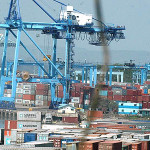


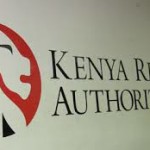

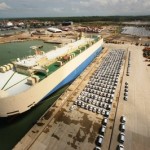



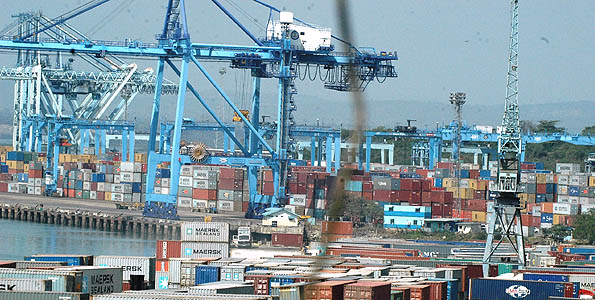







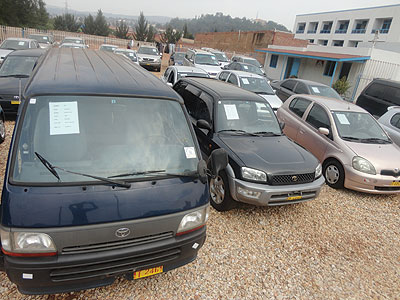
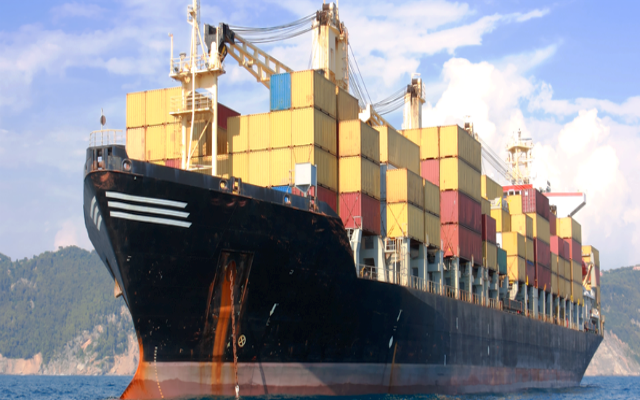
mspaul
August 26, 2010 at 6:47 am
Hi,
Your blog is very nice, because it provide the knowledge about the rules of import .
Admin
August 26, 2010 at 9:45 am
Hi Paul, we are glad to know that our efforts don’t go unnoticed. You are most welcome
mspaul
September 27, 2010 at 7:11 am
Thank you give this opportunity .